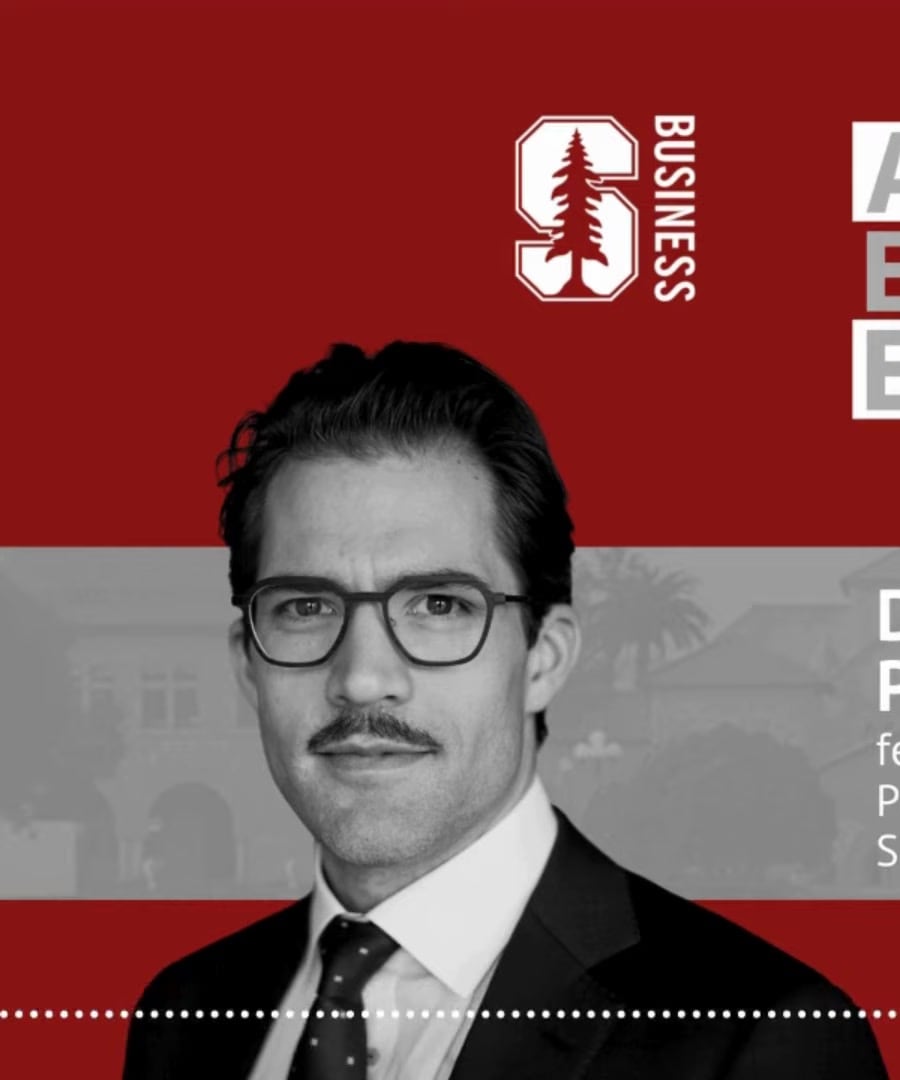Influence of large corporations
Sources:
The influence of large corporations spans various domains, including social issues, voter engagement, research, elections, and political dynamics. Here are some key insights discussed by experts:
-
Social Influence and ESG Targets: Corporations like BlackRock, State Street, and Vanguard have been driving left-wing social engineering by leveraging their investment strategies to implement ESG (Environmental, Social, and Governance) targets across major companies. This shift began around 2019, with many large corporations adopting commitments to promote the larger social good, often influencing societal values and behaviors to align with these goals 1.
-
Political Engagement and Voter Influence: Corporations have a significant role in politics, with contributions to lawmakers supporting voter suppression bills. Despite steps taken in 2020 to increase voter engagement, such as providing time off for employees to vote, contributions toward anti-democratic initiatives remain a concern. This duality poses a challenge, highlighting the complex interplay between corporate actions and democratic processes 2.
-
Research and Covert Influence: Corporate influence extends into the research realm, where funding by companies like Coca Cola affects exercise, nutrition, and health guidelines. Much of this influence goes unnoticed, with many researchers unaware of the corporate backing behind their studies. This hidden influence can pervade research methodologies and outcomes, complicating efforts to maintain objectivity 3.
-
Electoral Influence by Big Tech: Big tech companies, such as Google and Facebook, have significant control over the information that reaches the public, influencing electoral outcomes. Algorithms and selective dissemination of information can manipulate public perception and voter decisions, as seen in Tulsi Gabbard's experience, where biases in information and email filtering affected her campaign visibility 4.
-
Corporate Governance and Market Dynamics: The control exerted by investment giants like Vanguard, BlackRock, and State Street over a significant portion of major companies raises concerns about reduced competition and the potential for monopolistic behavior. This level of influence can complicate corporate governance and market dynamics, with regulatory bodies often unable to keep pace with such concentrated ownership 5.
-
Shifts in Political Landscape: There's an emerging shift among some Republicans advocating for stronger antitrust laws to rein in large corporations, a stark departure from the traditional stance of minimal government intervention. This populist approach reflects growing concerns about corporate influence over individuals' lives and the need for regulatory measures to curb this power 6.
These insights underscore the multifaceted impact of large corporate entities on societal, political, and economic landscapes, often requiring vigilance and regulatory oversight to balance their powerful influence.
RELATED QUESTIONS-



